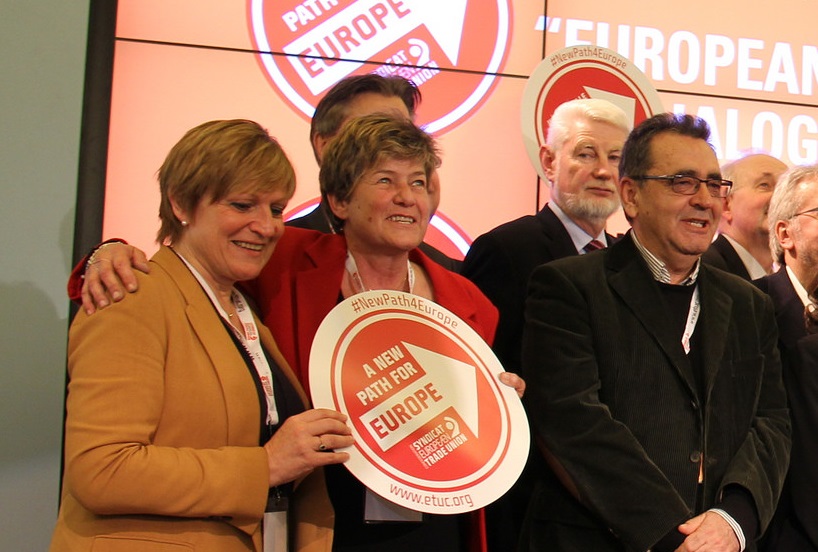The CGIL Secretary General: “It is necessary to amend the Fiscal Compact or no improvement will be possible”. European trade unions ask Brussels for a 250 €billion investment plan to be realised in ten years.

Fiscal Compact and austerity won’t allow any kind of recovery. This is the message sent to the Italian government by the Secretary General of the Italian General Labour Confederation. “Were the current European austerity policies behind many of the EU treaties to be maintained, many of the announcement of recovery cannot be realised,” said Camusso during her visit in Brussels fora a summit of the trade unions of the ETUC, European Trade Union Confederation. “Investment should not be included into the Stability and Growth Pact” she said, “and the Fiscal Compact should be amended as well,” given that “its current set up implies that even States performing better than all the others won’t have any margin for investments in a short time.”
According to Camusso, it is necessary to be aware that “certain targets of the EU economic policies were established for ‘ordinary’ periods,” while “they are being implemented after a 7-year crisis.” Thus, Europe has to be aware that “it is not possible to implement norms which have been defined before the crisis,” as well as to amend the “treaties that are not allowing the required elasticity for facing the current situation.”
According to ETUC, real wages have followed a downward trend since 2009 in 18 Member States out of 28, with peaks of 13 percent in Greece, 12 percent in Hungary and over 6 percent in Spain and Portugal. This shows that “austerity measures do not work, and Europe needs to follow a new path of investments for growth,” said Bernadette Ségol, ETUC Secretary General. Consequently, the ETUC has asked Brussels for a 250 €billion investment plan in 10 years that could generate 11,000,000 new jobs, they said. “This just a quarter of the amount spent to save banks, a quarter of what is lost for tax evasion, 2 percent of the EU GDP,” added Ségol, underlining that unemployed Europeans are about 26 millions, 10 millions more than in 2008.
Alfonso Bianchi





![Una donna controlla le informazioni sul cibo specificate sulla confezione [foto: archivio]](https://www.eunews.it/wp-content/uploads/2014/12/Etichette-alimentari.jpg)
